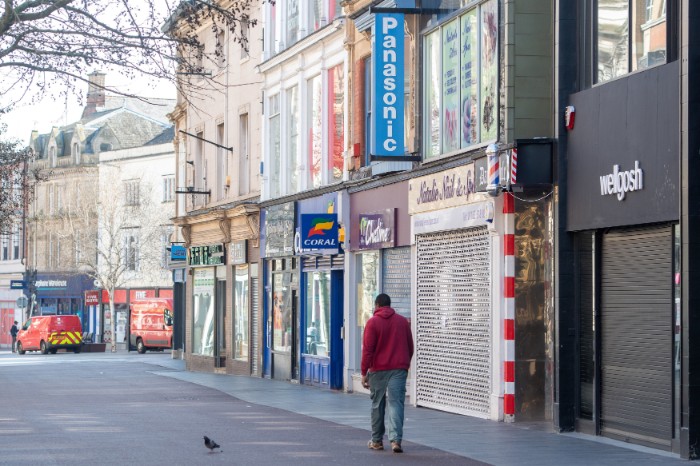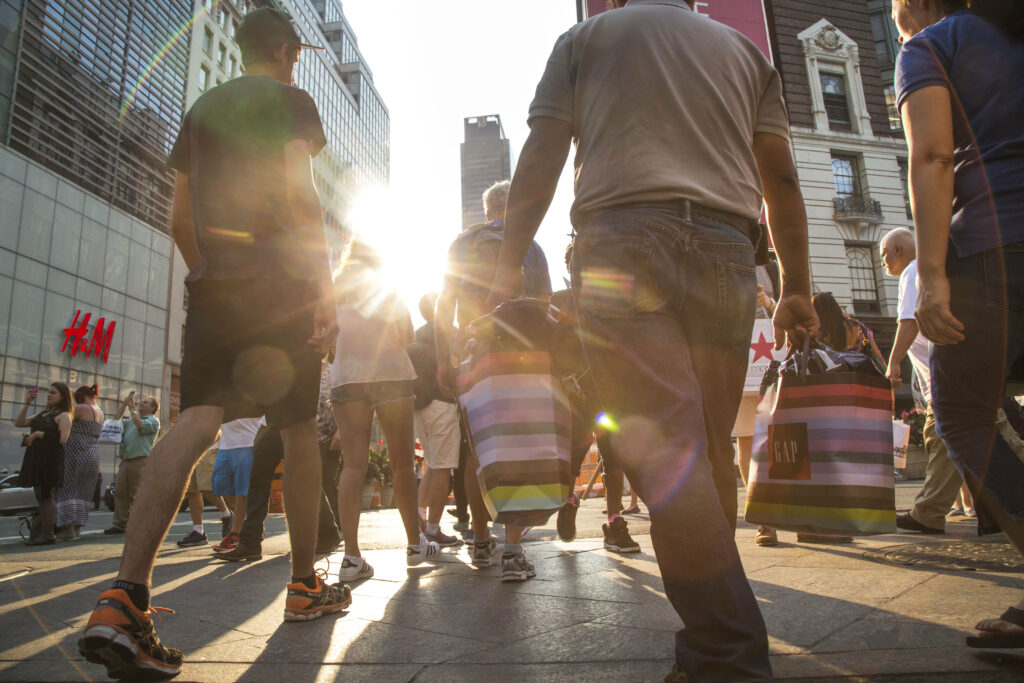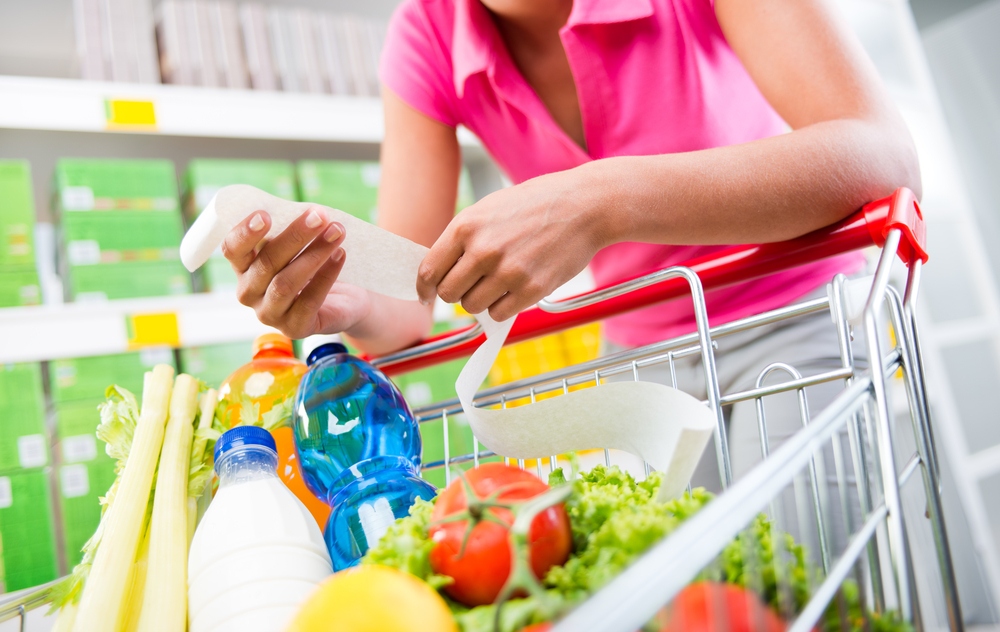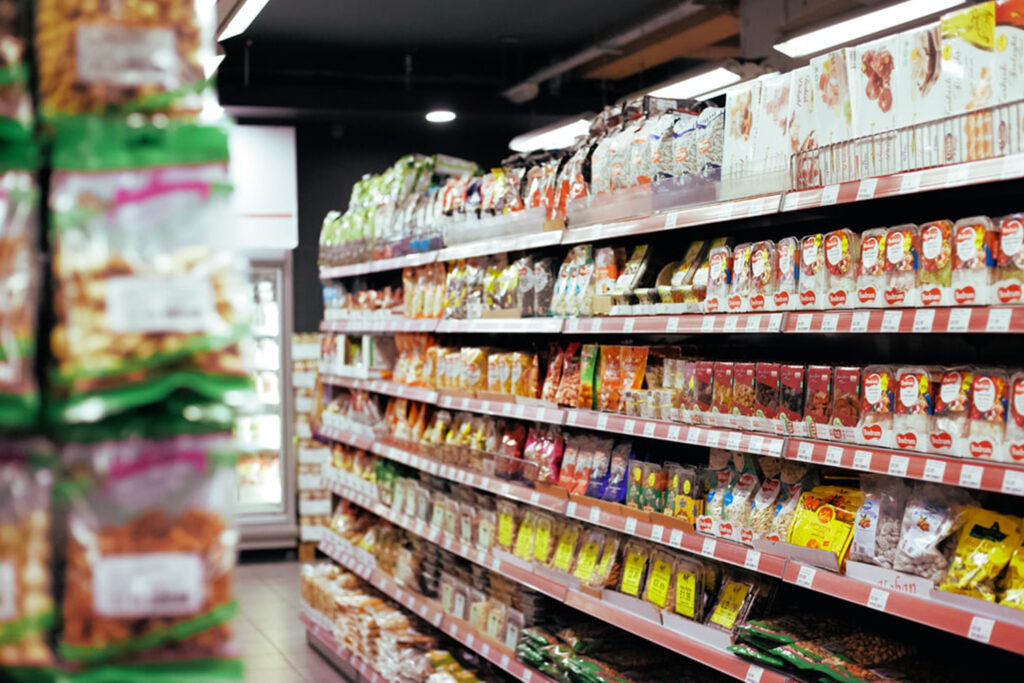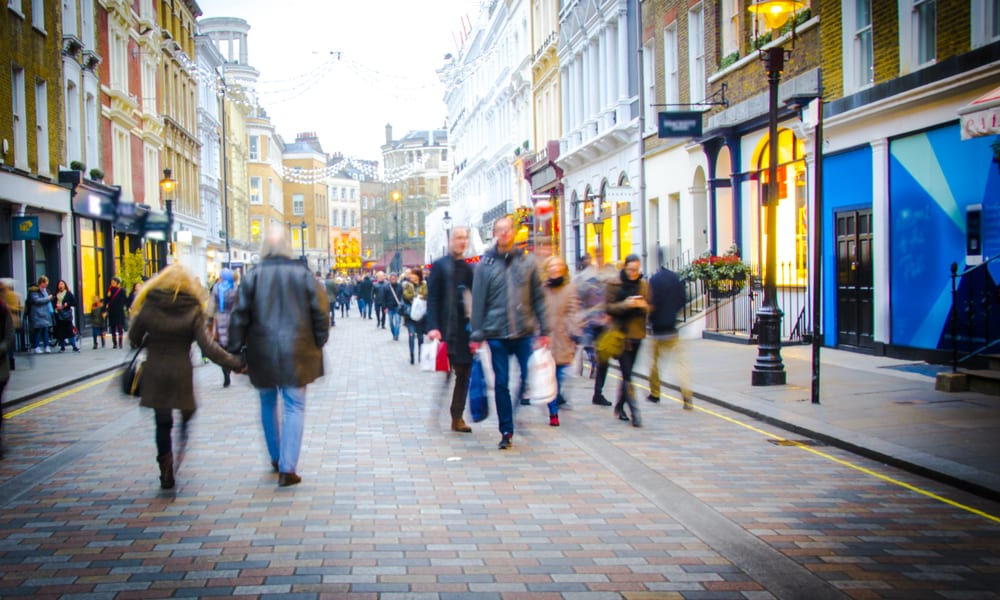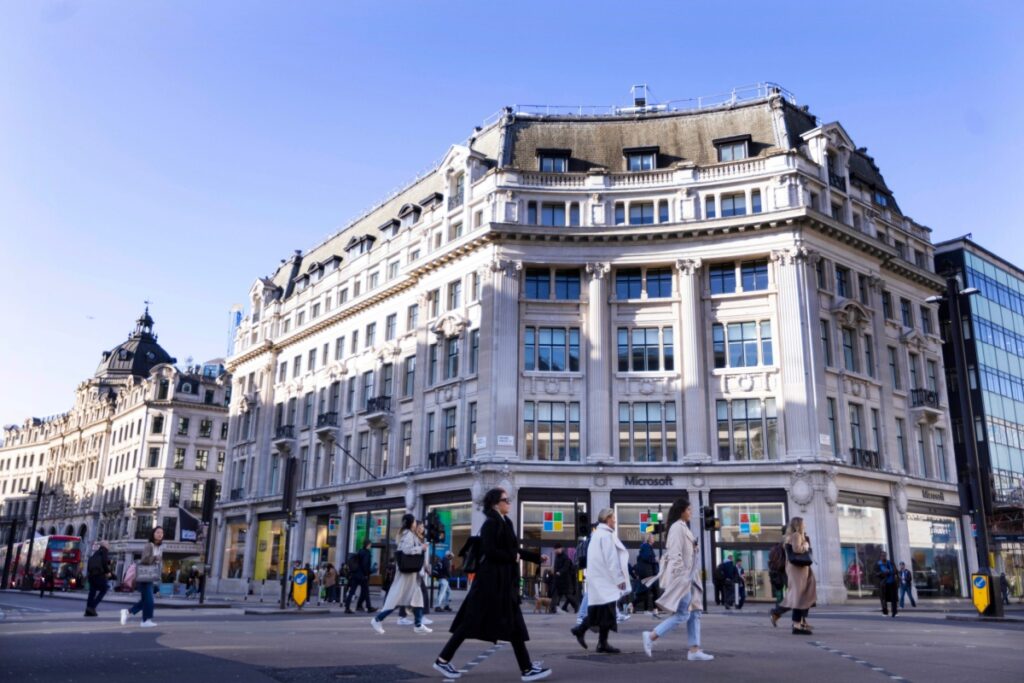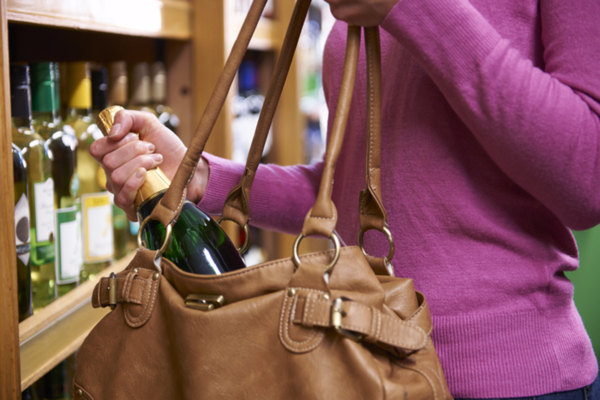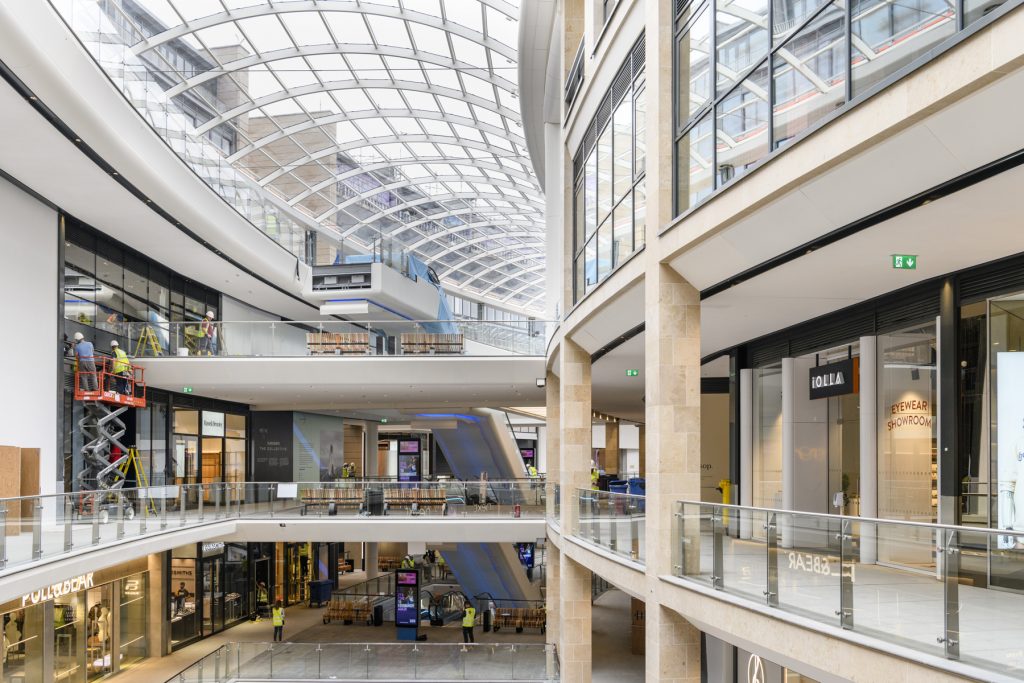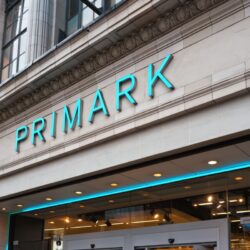// Reopening will boost retail but Covid-19 will still leave £37bn hole in 2020 non-food spend, says GlobalData
// Online non-food expenditure to rise 14.3% this year compared to the pre-pandemic forecast of 6.5%
// Increase in online spending still won’t prop up the whole retail industry, as physical stores still account for the vast majority of sales
Stores may be reopening today but this is set to be a short-lived boost as retailers are expected to still lose nearly £40 billion this year, according to new research.
According to GlobalData, Covid-19 will leave behind a £37 billion deficit in 2020 non-food spend.
The analytics firm also said that 44.8 per cent of UK consumers spent more online as a result of the coronavirus lockdown, and now forecasts online non-food expenditure to rise 14.3 per cent this year compared to the pre-pandemic forecast of 6.5 per cent.
However, GlobalData warned that the increase in online spending would not be able to prop up the whole retail industry, as physical stores still account for the vast majority of sales.
READ MORE:
- Non-essential retail in England reopens after three months
- Shoppers return to high streets as Northern Ireland starts lockdown exit
- Lockdown exit “unlikely” to deliver “immediate” footfall boost
Earlier today, the BRC-Shoppertrak Footfall Monitor indicated that despite non-essential shops being able to reopen from today, it warned there would be no immediate relief in surging customers numbers as footfall would take time to return to pre-lockdown levels.
GlobalData said many consumers would remain cautious and choose not to visit shopping locations due to health concerns or money worries with job security and personal finances remaining a burden for many.
“Clothing is the product area that most visitors are looking forward to shopping for as they start to anticipate a return to social activities and buy into new season trends,” GlobalDate lead analyst Sofie Willmott said.
“However, we expect clothing and footwear to be the worst hit sectors this year with spend predicted to fall over 30 per cent as shoppers are unlikely to buy more to make up for their lack of purchases across March, April and May.”
A number of clothing and footwear players have already fallen victim to the pandemic with Monsoon Accessorize tumbling into administration last week before being bought by its founder.
Others such as Oasis, Warehouse and Laura Ashley have also been rescued but their stores were left out of deals, leaving even more empty units on high streets which landlords will struggle to fill.
“The queues we will see on high streets today may look promising for retailers and although they will at least be able to trade from their store locations now, footfall and spending will take a long time to return to pre-Covid levels,” Willmott said.
“We are set to see more store closures throughout the remainder of 2020 and unfortunately many more retail casualties as business struggle to offset their higher costs driven by essential safety measures, against lower sales.”
Click here to sign up to Retail Gazette‘s free daily email newsletter

